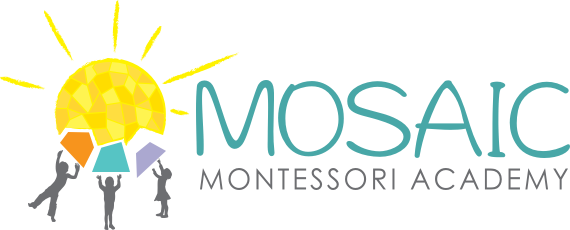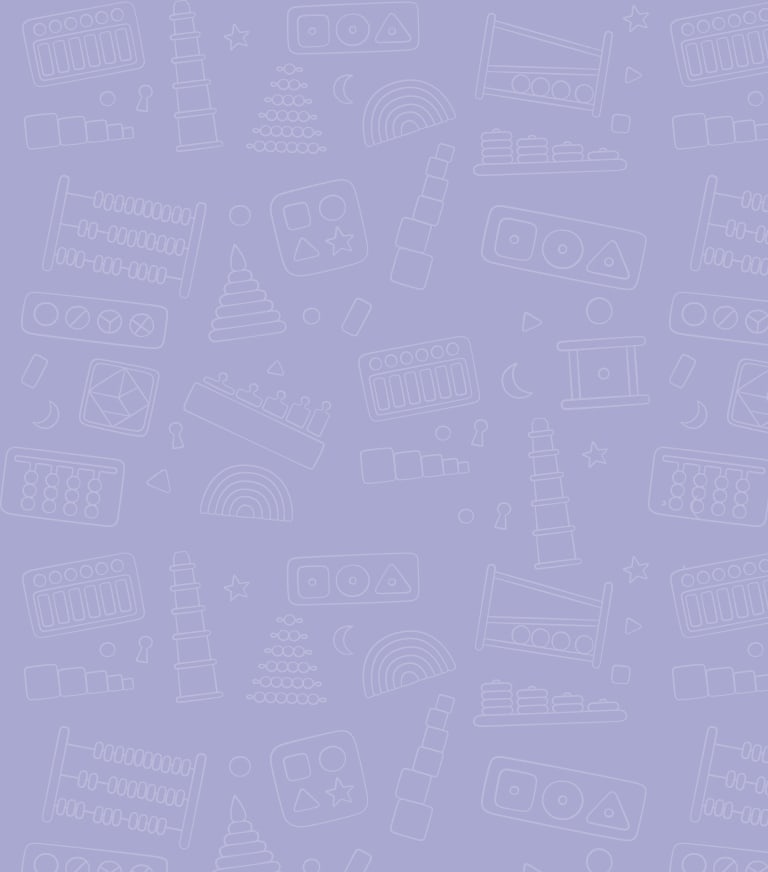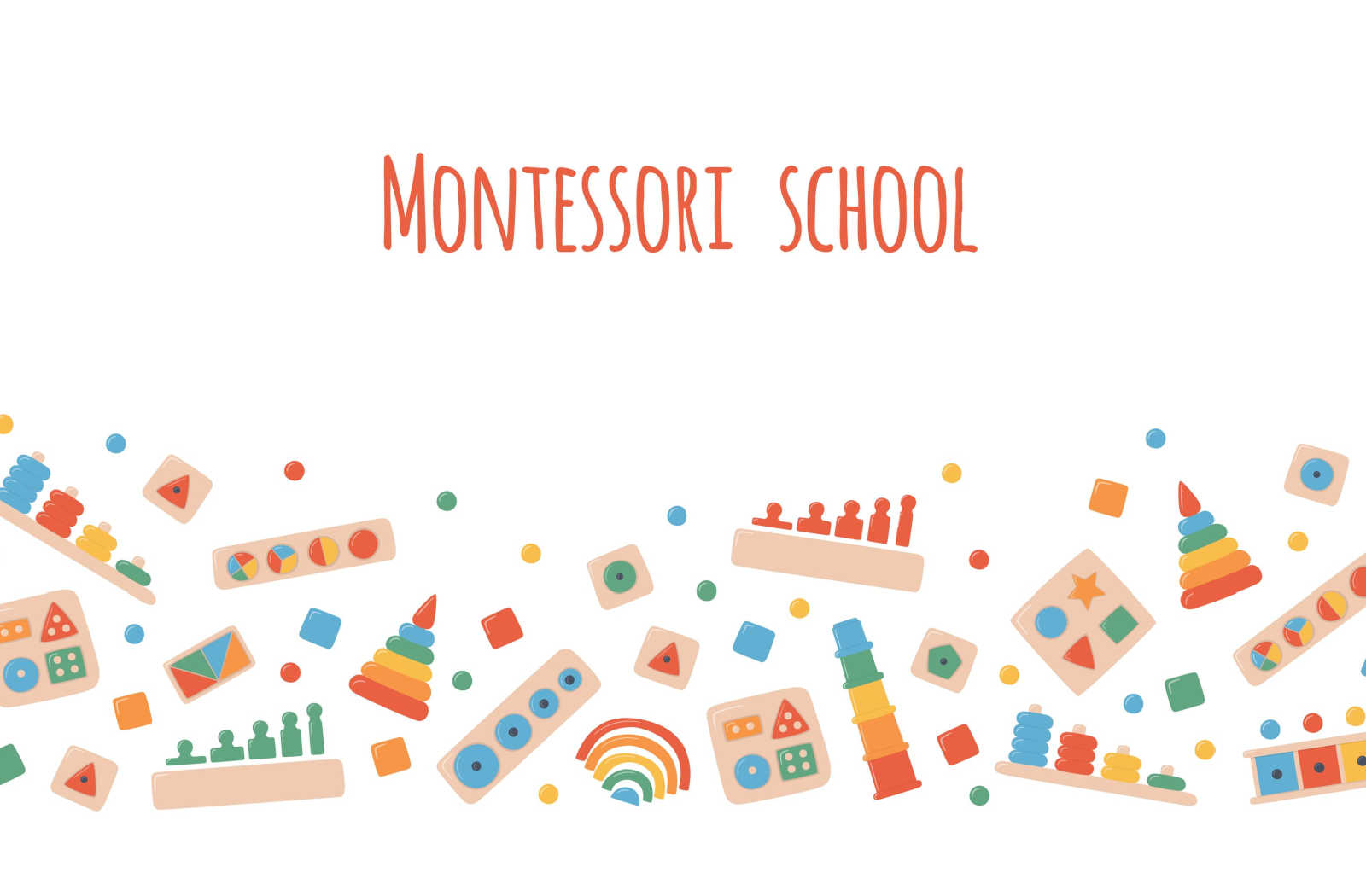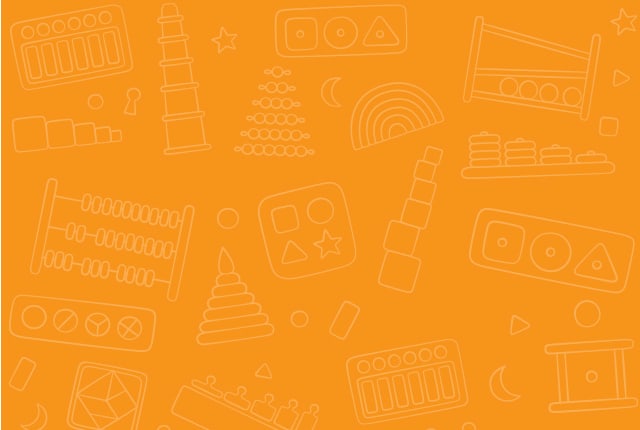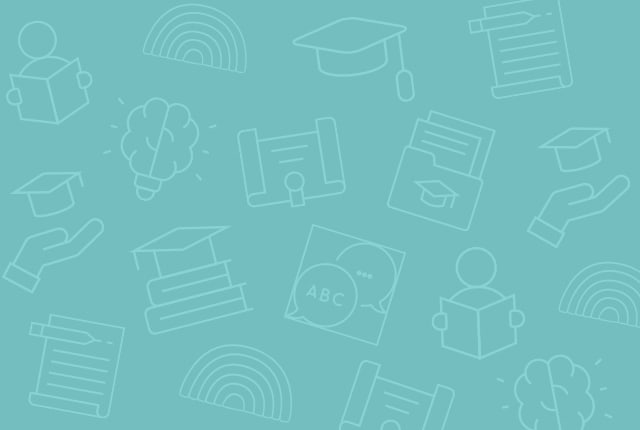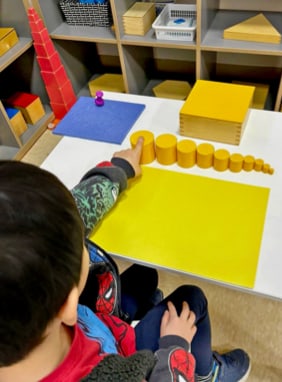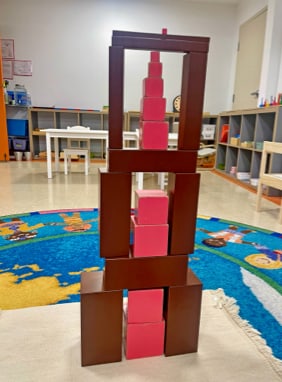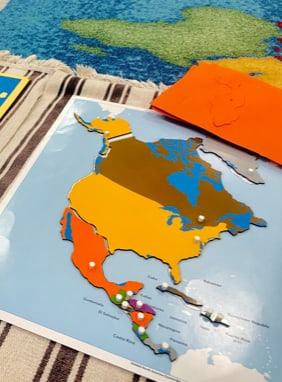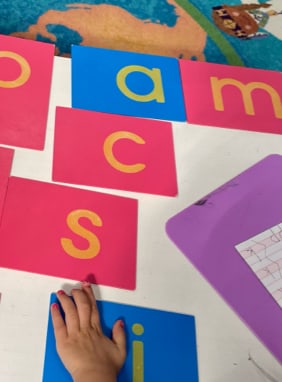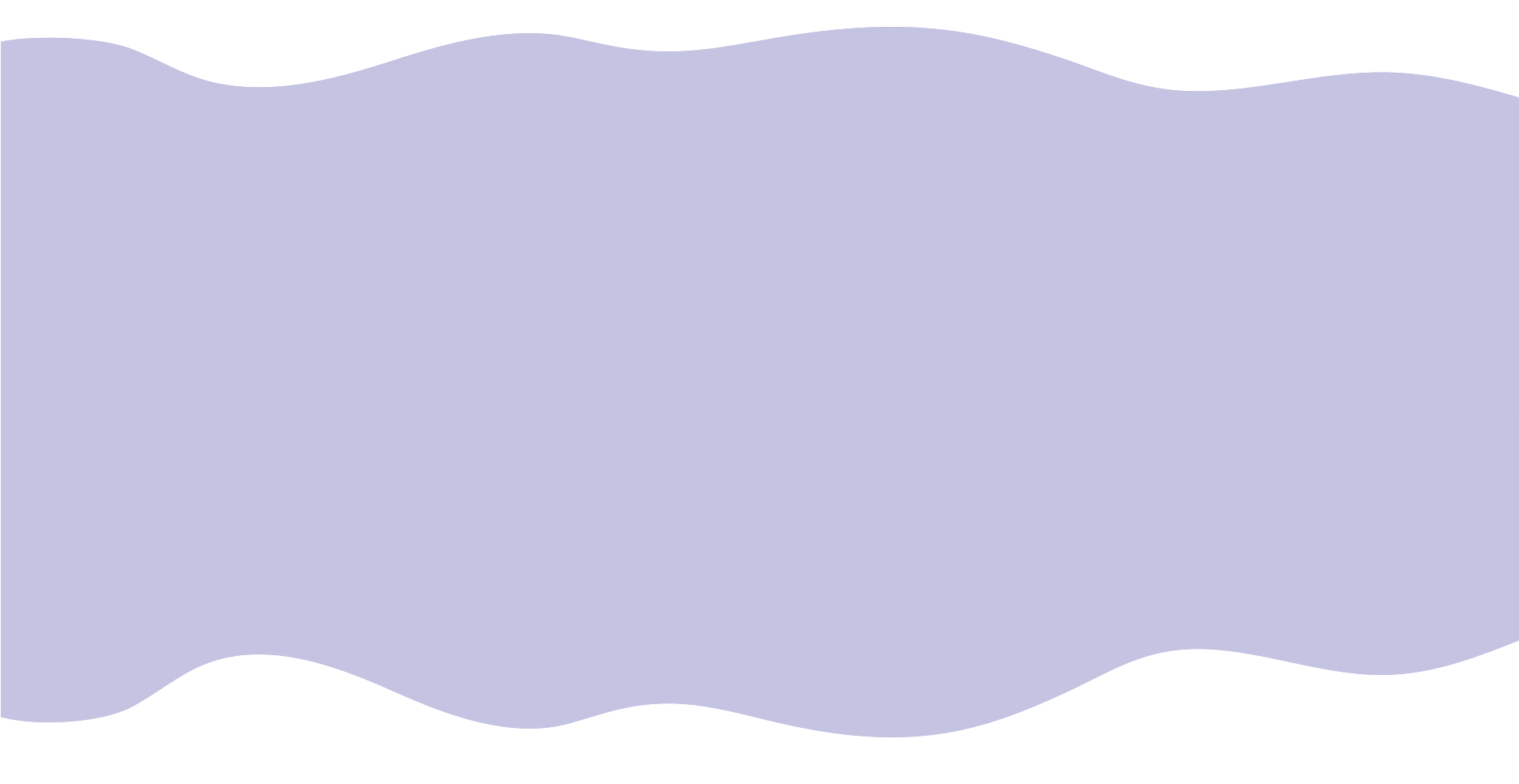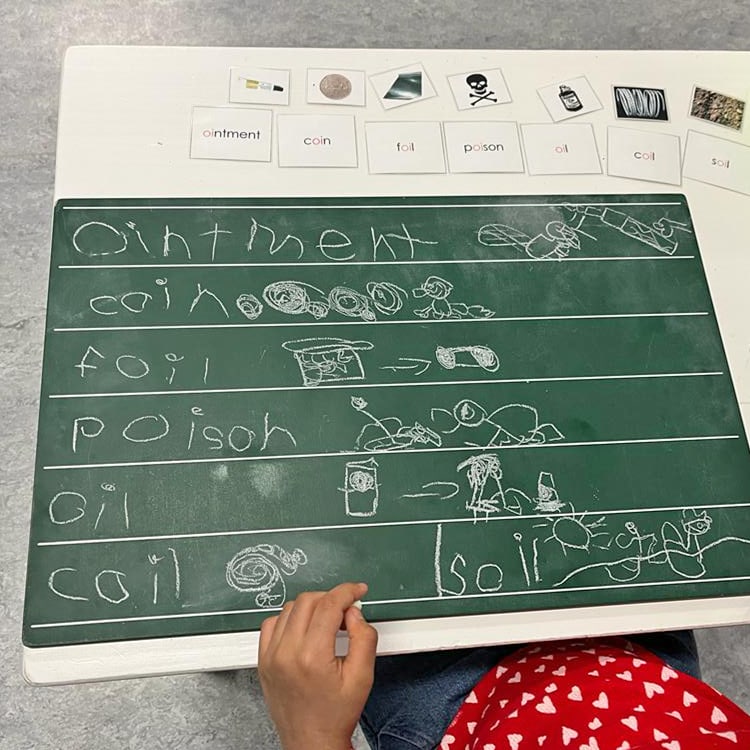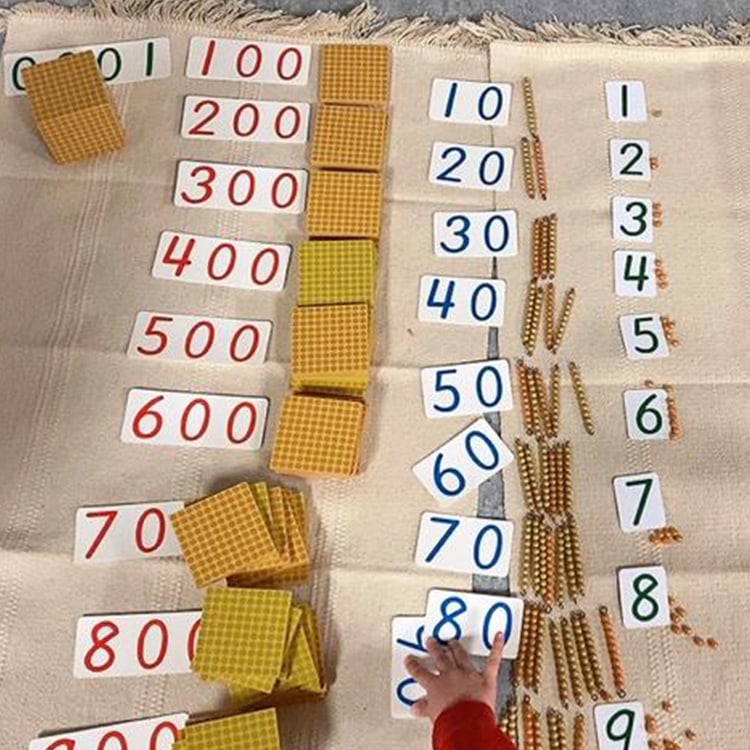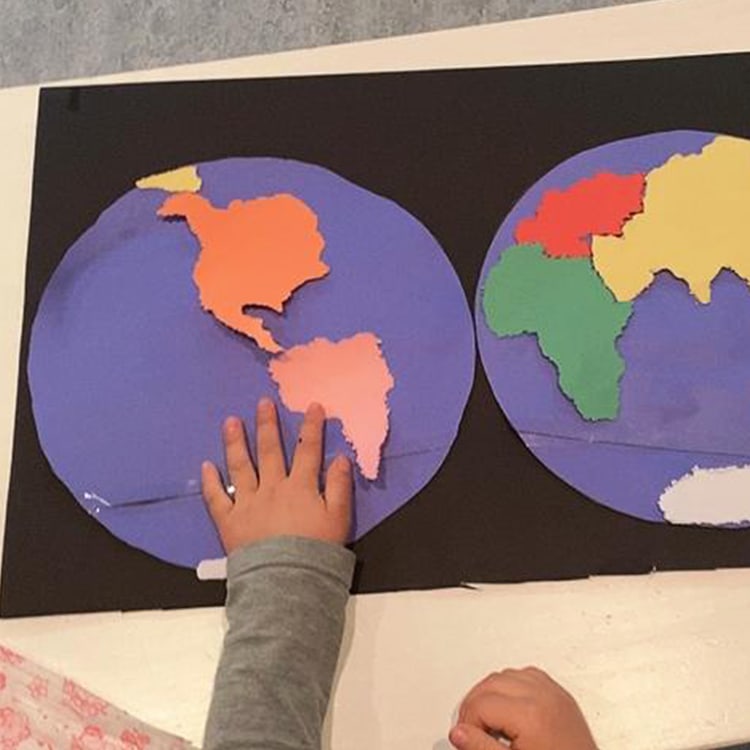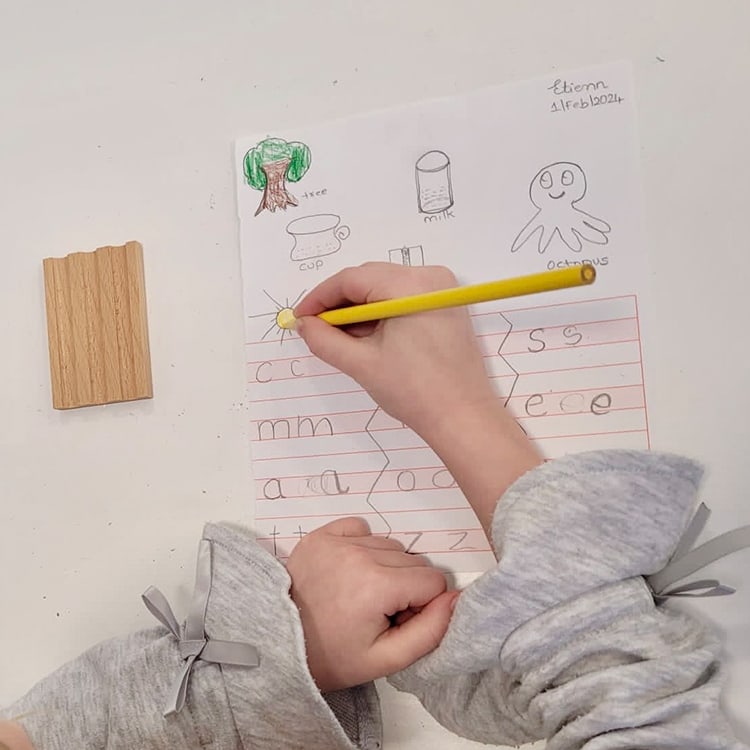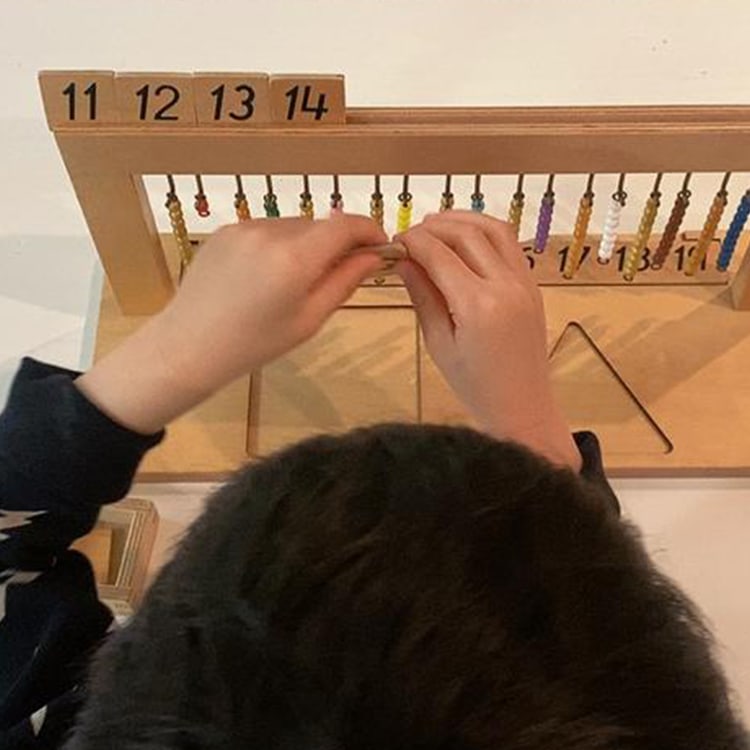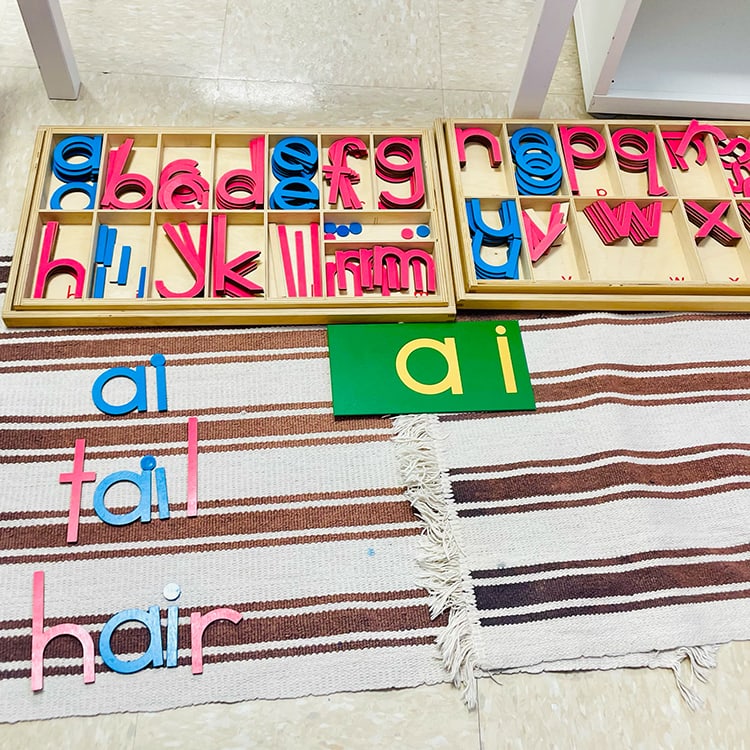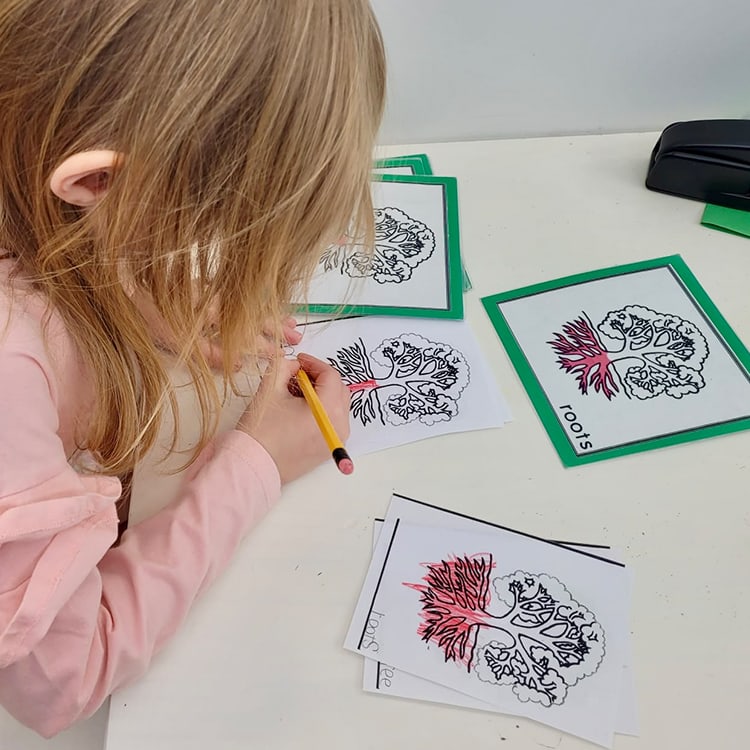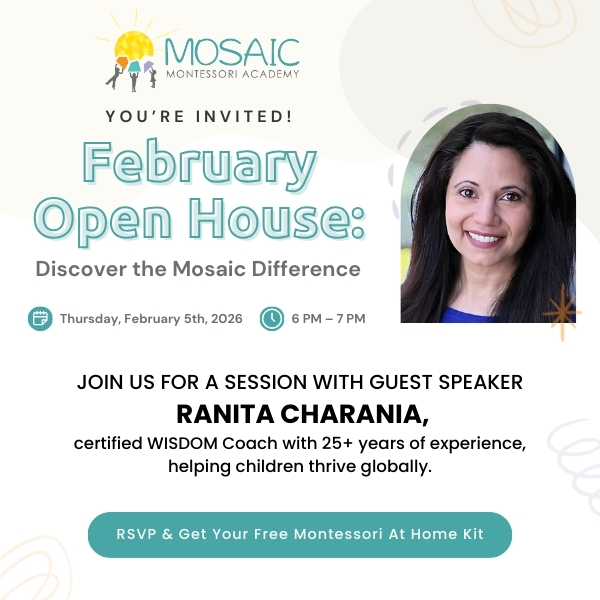Montessori education is a unique approach to teaching and learning that was developed by Dr. Maria Montessori at the turn of the 20th century. While it has gained popularity in recent years, many people are still unfamiliar with the Montessori method and how it differs from traditional education. In this article, we will explore the key differences between Montessori and traditional education, and how these differences can impact a child’s learning and development.
The Structure of the Classroom
One of the main differences between Montessori and traditional education is the way in which the classroom is structured. In a traditional classroom, the teacher is the central authority figure and the students are expected to follow a predetermined curriculum. The teacher delivers lectures and assignments, and the students are expected to complete their work on time and to the best of their ability.
In contrast, the Montessori classroom is designed to be a self-directed learning environment. The teacher serves as a guide and facilitator, rather than a traditional instructor, and the students are given the freedom to choose their own activities and work at their own pace. The Montessori classroom is also designed to be a hands-on learning environment, with a wide range of materials and activities available for students to explore and manipulate.
Individualized Learning
Another key difference between Montessori and traditional education is the focus on individualized learning. In a traditional classroom, all students are expected to learn the same material at the same pace. This can be challenging for some students, who may struggle to keep up or may become bored if they find the material too easy. In contrast, the Montessori approach recognizes that each child is unique and learns at their own pace. Instead of following a predetermined curriculum, students are encouraged to follow their own interests and work at their own pace, with the teacher providing support and guidance as needed.
Emphasis on Social Development
Another difference between Montessori and traditional education is the emphasis on social development. In a traditional classroom, social skills are often taught through group activities and lessons. In a Montessori classroom, social skills are developed naturally through interaction with peers and the environment. Children are given the opportunity to work together, share materials, and resolve conflicts in a respectful and peaceful manner. This helps children to develop strong social skills and to become confident and capable members of their community.
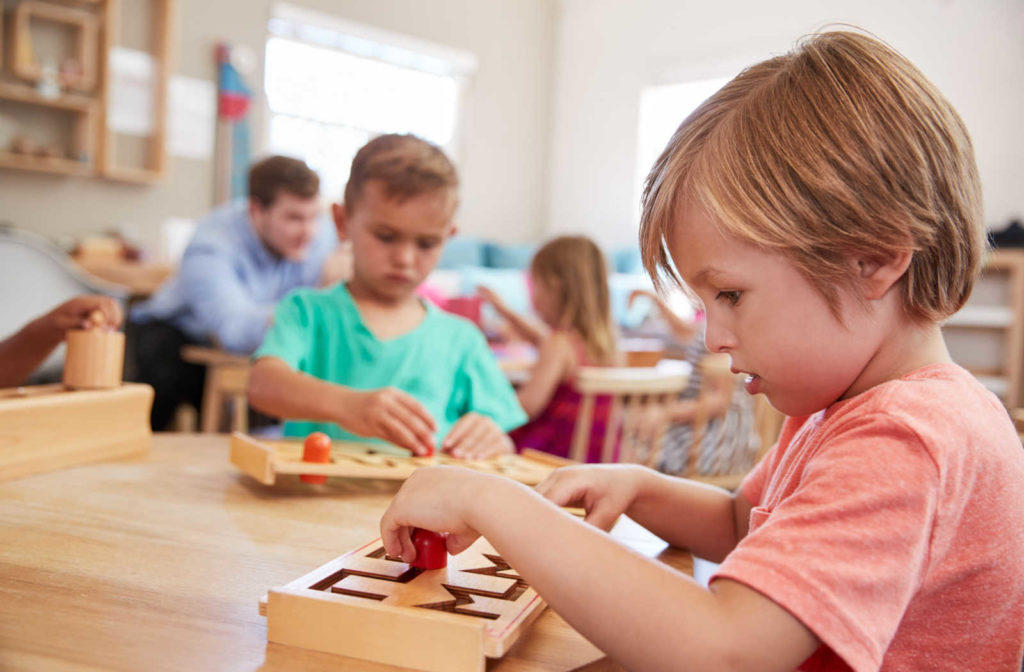
Developing Independence and Self-Regulation
One of the main goals of Montessori education is to help children develop independence and self-regulation. In a traditional classroom, students are often dependent on the teacher for guidance and support. In a Montessori classroom, children are encouraged to take ownership of their learning and to develop their own sense of responsibility. They are also taught to respect the rights and needs of others, and to work cooperatively with their peers. This helps children to develop strong decision-making skills and to become self-motivated learners.
The Natural World
Another difference between Montessori and traditional education is the focus on the natural world. Many Montessori schools have outdoor classrooms or gardens where children can learn about and interact with the environment. This helps children to develop a sense of wonder and curiosity about the world around them, and to develop a sense of responsibility for the environment. In contrast, traditional education often focuses on indoor learning, with less emphasis on the natural world.
Montessori in Calgary
There are many differences between Montessori and traditional education. While traditional education follows a predetermined curriculum and focuses on the teacher as the primary authority figure, Montessori education is centered on the individual needs and interests of the child. It provides a supportive and enriching environment that fosters independence, self-motivation, and a love of learning, helping children to reach their full potential and become lifelong learners. At Mosaic Montessori Academy, we believe in the power of the Montessori method to help children reach their full potential and become lifelong learners. That’s why we offer a high-quality Montessori education to children of all ages, providing them with the support and resources they need to succeed in school and in life.
